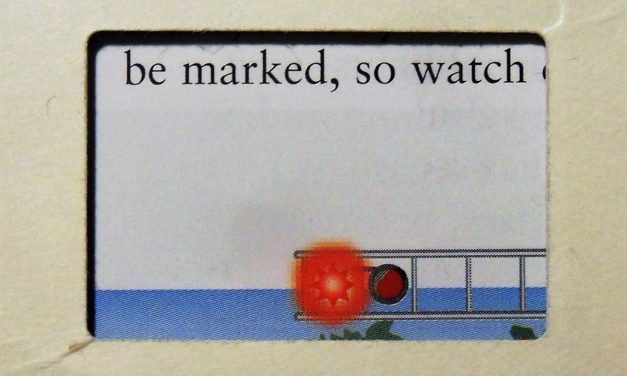Life in Dallas by Helen Gutowski
This tenth installment features our first poem by a millennial artist, and the first poem that Helen Gutowski publicly performed. To give you some context, it was written in the summer of 2007; she was 16. Fiercely precise in its rap-like rhymes and tempo, Gutowski’s poem enacts an era she describes as “youthful reckless abandon.” This poem recalls the pleasures of risk and rebellion, the lucky free falls that propel us into the future. *** Life in Dallas A red ’91 Toyota Corolla, four door With more character than I could ever hope to have. Dallas,...
Read More


